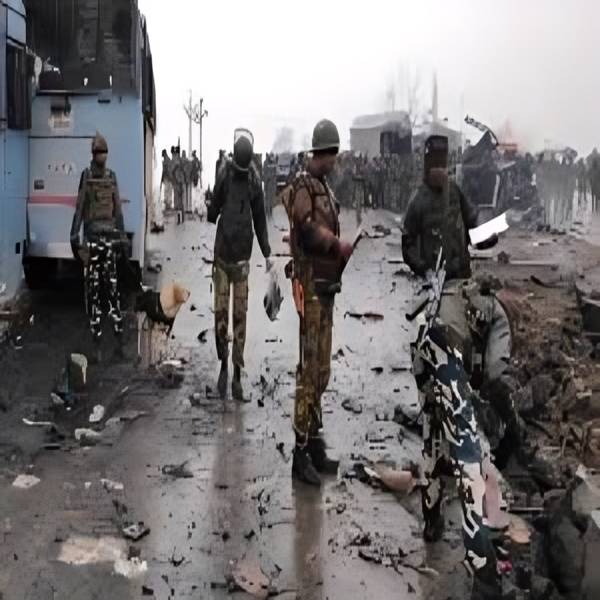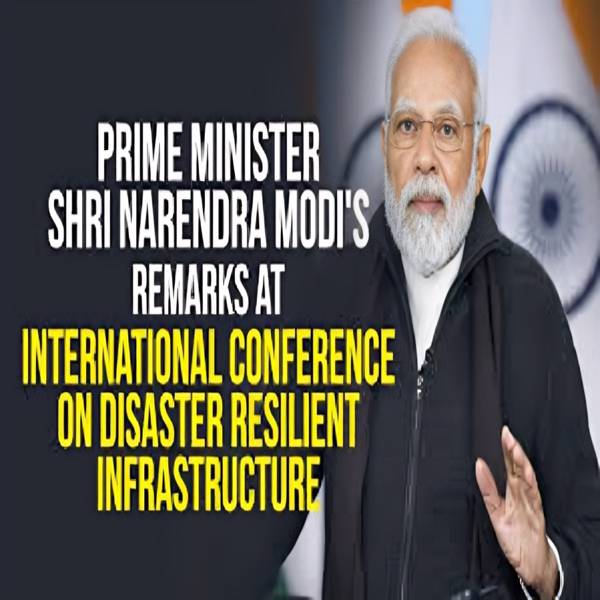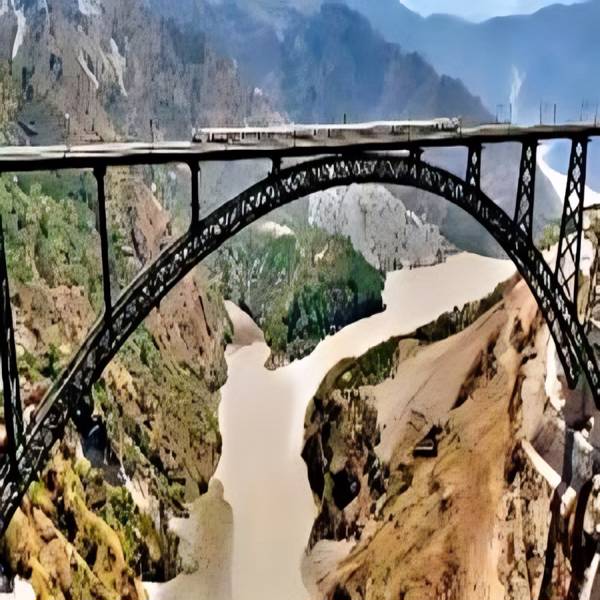India Hunts Militants After Kashmir Attack.
In response to a deadly militant assault in Kashmir that left at least 26 tourists dead, Indian security forces have launched an extensive manhunt across the Himalayan region. The army and police are conducting large-scale operations to track down those responsible.
India’s Defense Minister, Rajnath Singh, vowed a decisive and swift response not only against the attackers but also against those who orchestrated the act from behind the scenes. “Our answer will be firm and unmistakable,” he said in a speech delivered in New Delhi, just a day after the attack.
Singh emphasized that retribution would extend beyond the gunmen to those who plotted the attack from within Indian territory. “We will reach every individual involved—directly or indirectly,” he stated.
Meanwhile, thousands of security personnel have been deployed to Kashmir, erecting checkpoints and inspecting vehicles. Many shops and businesses remained shut following a joint appeal by religious and political leaders.
A large-scale search operation is underway in Kashmir, as Indian security forces intensify efforts to locate those behind Tuesday’s deadly attack that claimed the lives of 26 tourists.
A little-known militant outfit, Kashmir Resistance, has claimed responsibility for the assault. In a social media post, the group cited anger over the reported settlement of more than 85,000 non-locals in the region, calling it an attempt to change the region’s demographic makeup.
The ambush, believed to have been carried out by four armed assailants, took place in the Pahalgam area, known for its lush meadows and mountain views. The victims included 25 Indian nationals and one Nepalese tourist, marking the most devastating civilian attack in India since the 2008 Mumbai terror attacks.
Prime Minister Narendra Modi, who was on a diplomatic trip to Saudi Arabia, cut his visit short and returned to New Delhi early Wednesday. He immediately convened a high-level meeting at the airport with key officials, including the national security advisor and foreign minister, followed by a special security cabinet session.
The attack is being viewed as a major blow to the Indian government’s narrative of stability in Jammu and Kashmir. Since revoking the region’s special status in 2019, Modi’s administration has positioned the move as a path to peace and economic growth in the conflict-prone, Muslim-majority territory.
Tourist-related violence has been extremely rare in Kashmir, making this incident an alarming escalation. The last major tragedy occurred in June 2024, when militants caused a bus carrying Hindu pilgrims to crash, killing nine and injuring dozens.
Also read: Insta360 X5 launches with 8K 360° video.
In a follow-up statement, Kashmir Resistance claimed the victims were not ordinary tourists but had alleged links to Indian intelligence agencies.
Following the attack, panic spread among travelers. Airlines began running extra flights out of Srinagar, while visuals from local media showed anxious tourists hurriedly checking out of hotels, hauling their luggage to waiting cabs, and fleeing the region.



